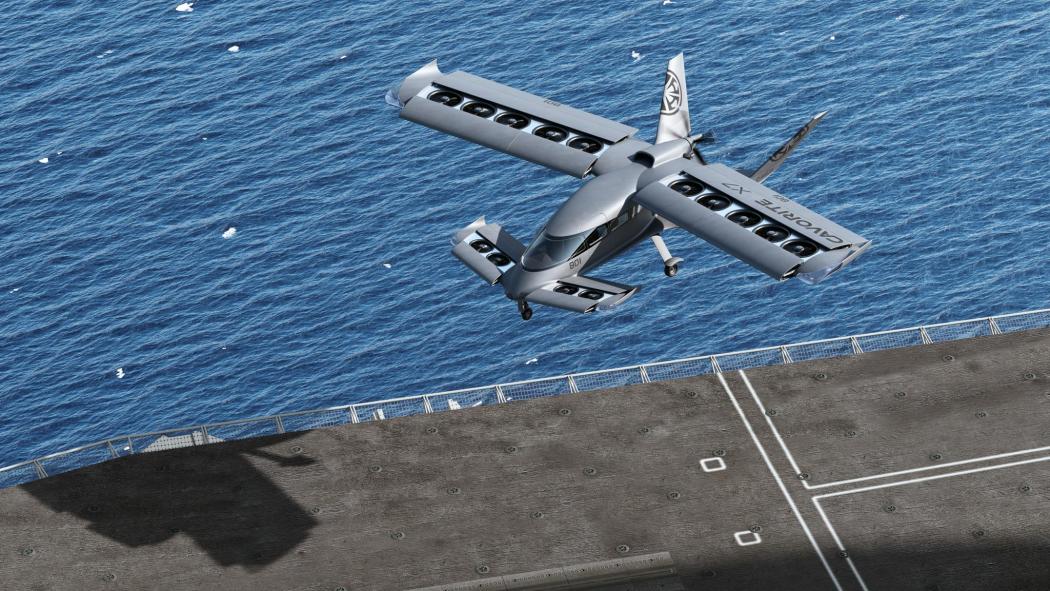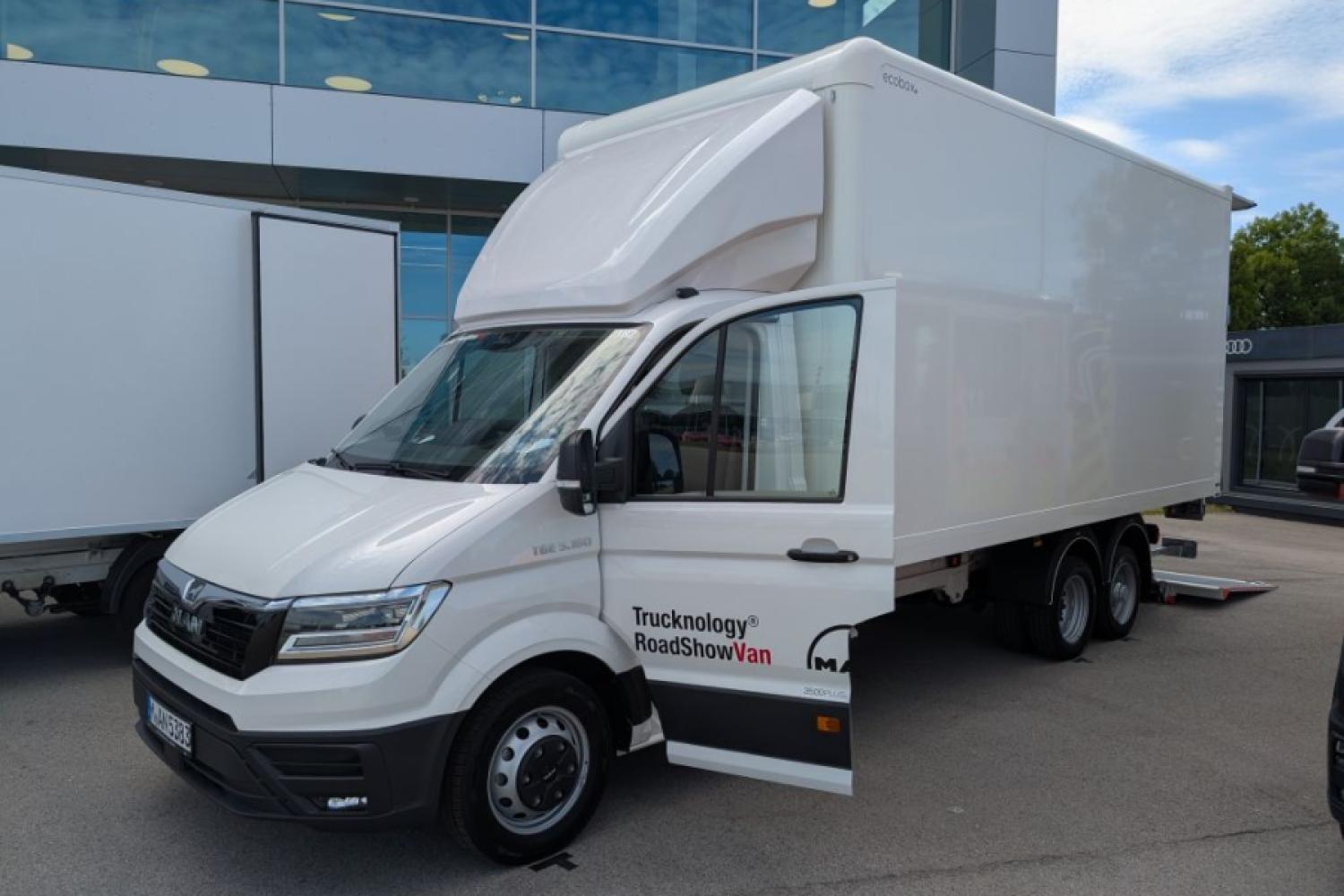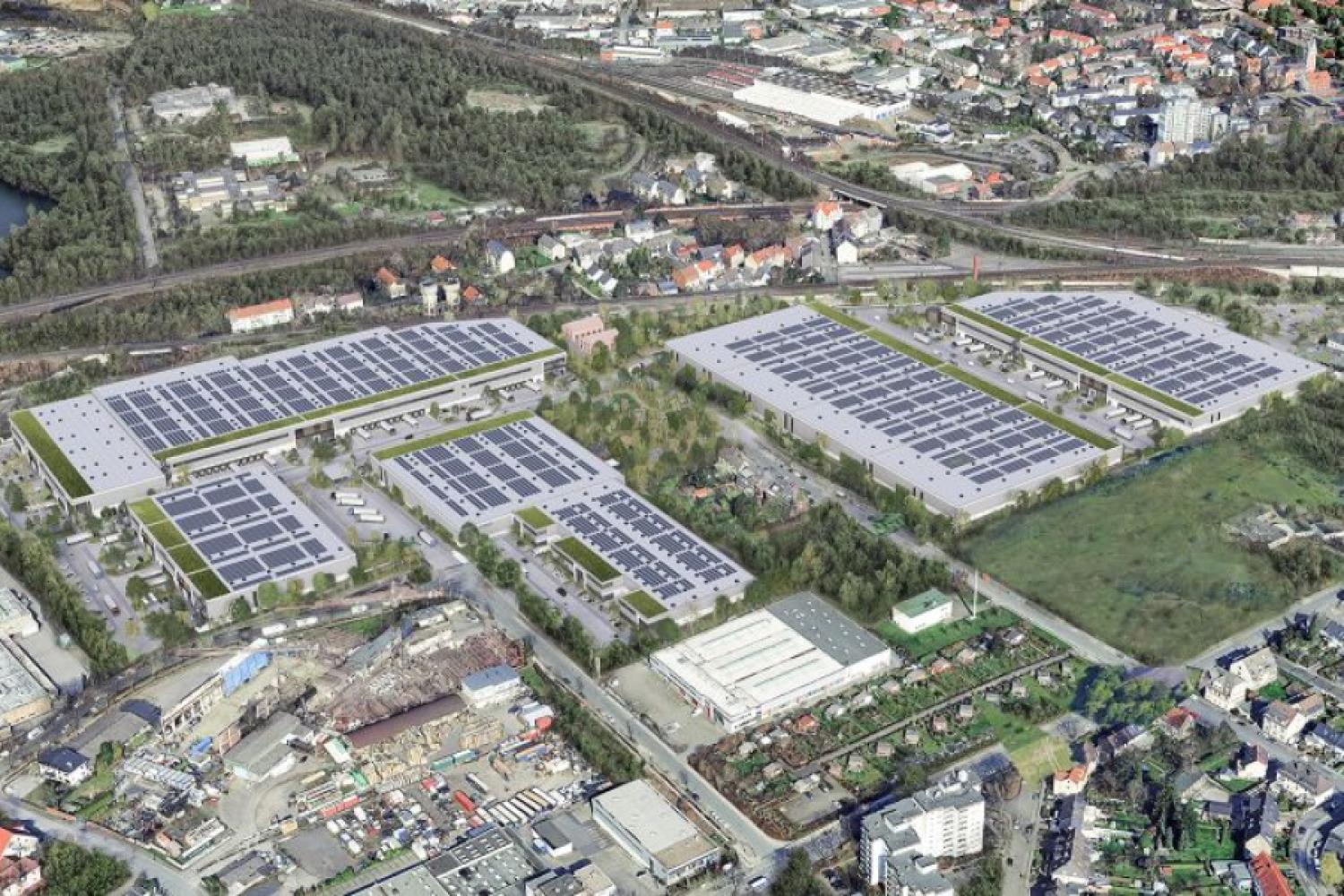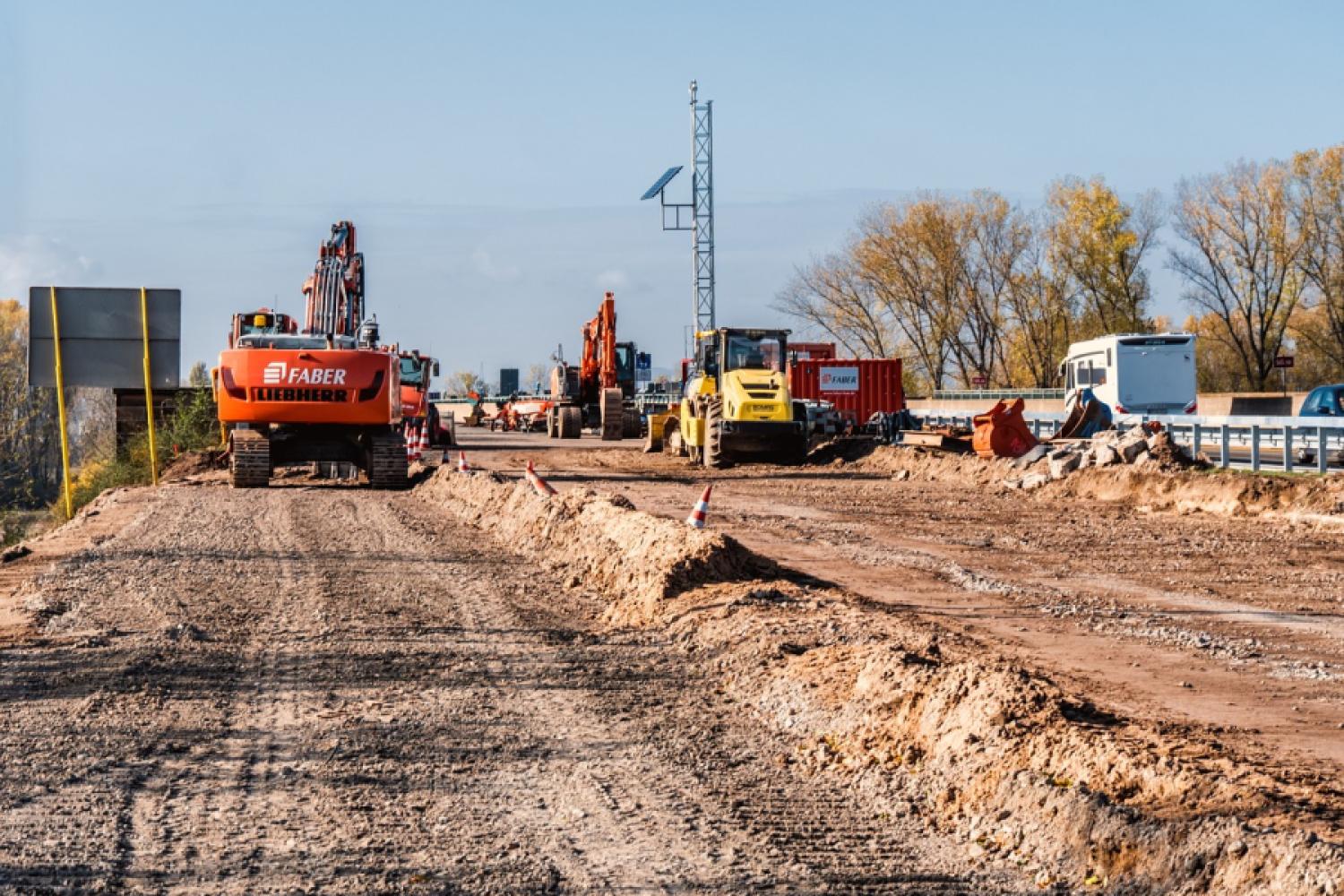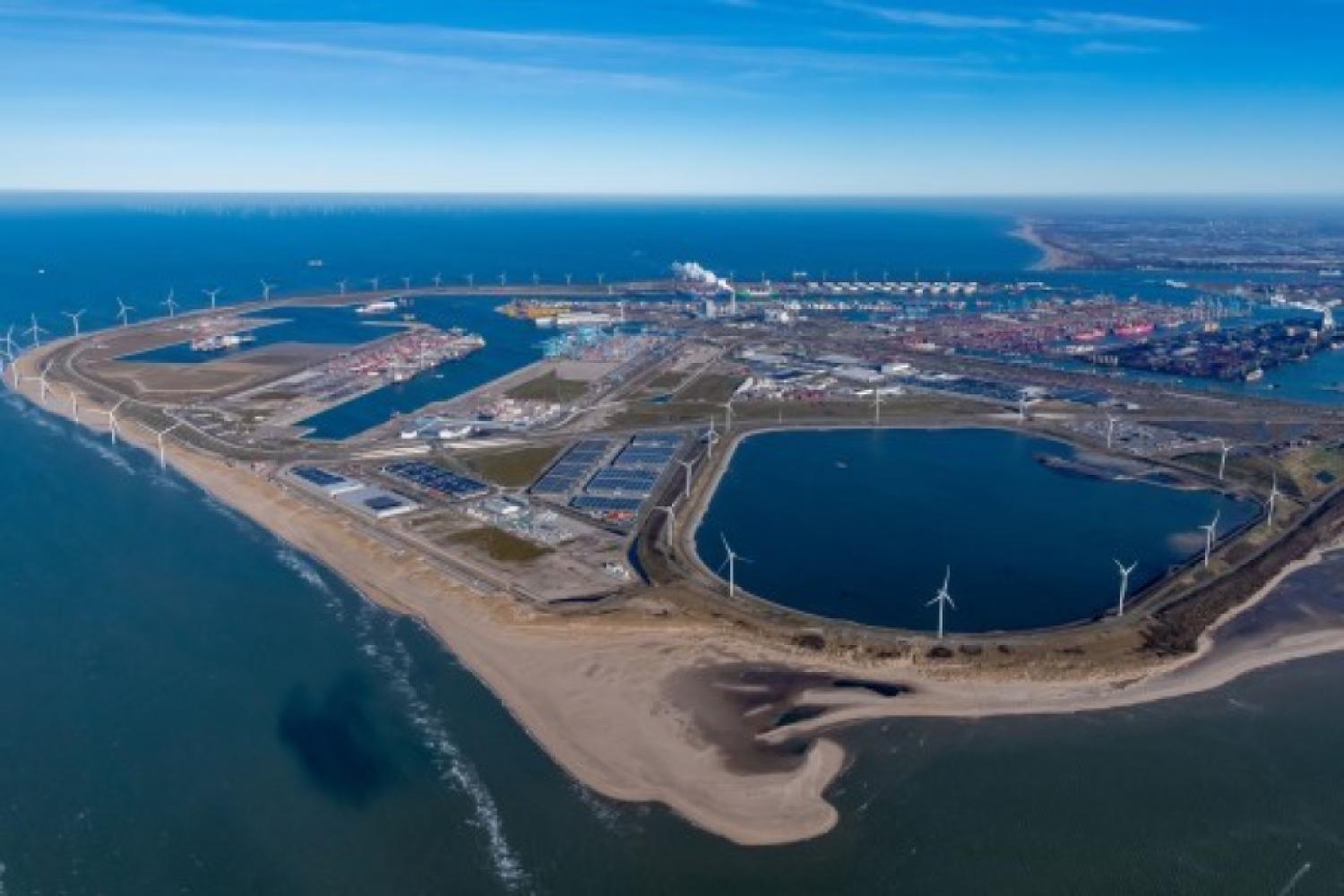Drones are also used for quick transportation of goods to remote or hard-to-reach areas. However, extreme weather conditions can lead to delays or even flight cancellations of delivery drones.
The research project Sidda ("Sustainable Intermodal Drone Delivery Airline") is dedicated to this problem. A function has been developed that automatically retrieves weather data from OpenWeather. In adverse conditions, the drone flight is then independently canceled.
Reliable Drone Logistics
This is to ensure that flights are conducted only under safe weather conditions - without the dispatcher needing to make additional plans. This, according to the information, is a decisive step towards reliable and future-proof drone logistics.
A new function in TransIT aims to ensure that dispatchers can consider weather forecasts in advance and avoid critical situations. The risk of weather-related flight cancellations will be minimized. This increases safety on the one hand and also saves costs on the other. Planning security is
also expected to improve.
The Crucial Role of Weather
If weather conditions are not considered, there can be communication problems according to Gts Systems and Consulting. For example, storms can interfere with radio signals, so that the drone can no longer be reliably controlled or loses contact with the headquarters.
There are also impacts on battery consumption and flight stability: Strong winds or low temperatures can significantly increase energy consumption - which can lead to unexpected emergency landings.
If weather conditions are not taken into account, this is also associated with safety risks – namely when a drone flies uncontrollably or crashes.
"Considering weather data in route planning is an essential step to make drone operations safer and more efficient," says David Barnard, project manager at Gts, and adds: "With TransIT we are creating a solution that enables rapid reactions to changing conditions and adjusts deployment planning accordingly."
The Research Project
As part of the Sidda project, the exploration of continuously automated, intermodal drone networks and their integration into existing logistics networks is to be pursued by the end of May 2027. The goal: climate-neutral distribution and the improvement of B2B delivery of goods in suburban areas.
The project is located at the South Westphalia University of Applied Sciences in the Department of Electrical Energy Technology – specializing in Automation Technology as well as in the Department of Engineering and Economic Sciences – specializing in Logistics and Supply Chain Management.
The consortium is led by Karl Koerschulte GmbH. The highly automated intermodal drone network is to be tested alongside GTS Systems and Consulting GmbH at Third Element Aviation GmbH and J. D. Geck GmbH, and evaluated for scalability and transferability to the economic location of NRW.
According to researchers, the intermodal combination of road and air transport carriers is intended to open
up largely unused airspace for logistics solutions. The construction and use of static and mobile micro-hubs and their configuration into a drone airline are being researched.
A U-Space Service Provider will be created prototypically to simulate the behavior of the drone airline in the U-Space. The project is supported by the Ministry of Environment, Nature Conservation, and Transport of the State of North Rhine-Westphalia and co-financed by the European Union.
Future of Delivery Drones
According to Gts Systems and Consulting, the smart use of weather data could prove to be the key to the safe, efficient, and sustainable integration of drones into existing supply chains. Weather integration in TransIT is an important technological advancement.
However, whether drones represent a viable long-term transport solution depends on factors such as weather resistance, technological advancements, and regulatory frameworks. In any case, intelligent and forward-looking route planning is essential to harness the full potential of
